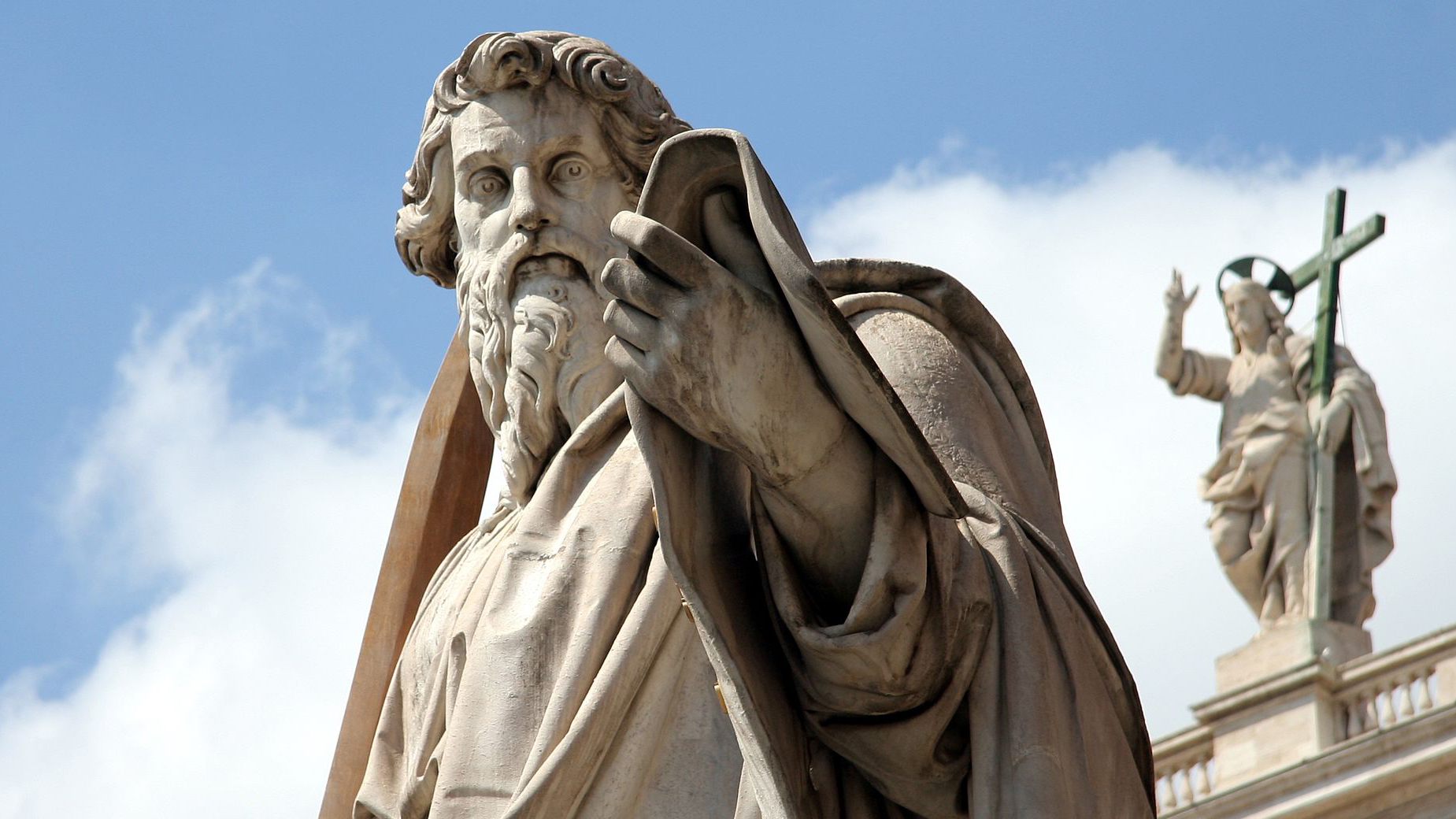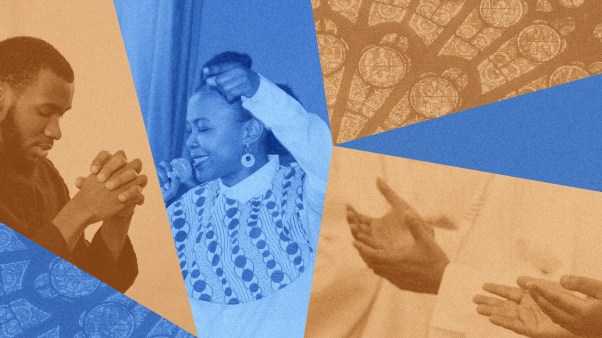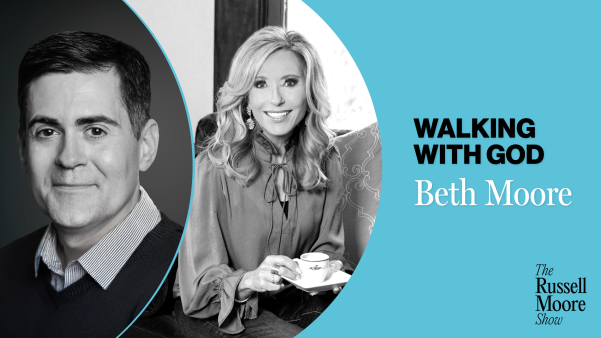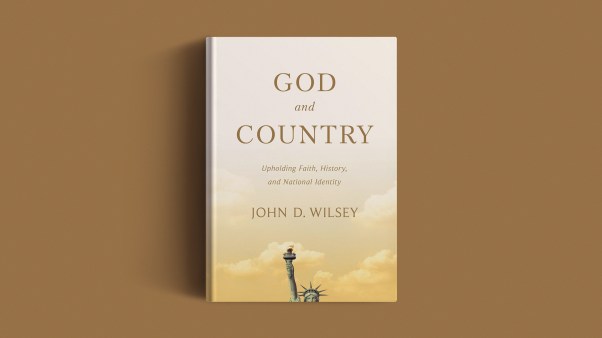There’s no way around it. Paul thought he was special. In his defense, Christ did knock him off a horse with a blinding light and an audible word from heaven. Peter saw Christ transfigured, but Paul also saw the glorified Christ. This put Paul in an elite category.
The remarkable thing, really, is how maturely Paul handled his status. Yes, he boasted of his apostleship, but he did so defending his gospel, not his pride. It was essential that the Gentiles he ministered to trusted his pedigree, because the gospel was their only hope and he was the only person preaching it to them. Before they met Paul, the Gentiles were spiritual orphans. They were trapped in a fruitless way of life, far from God and wandering further. Paul understood that “in Christ Jesus I became your father through the gospel” (1 Cor. 4:15), and he took that role of spiritual father seriously. That’s why he urged the Corinthians to “imitate me” (1 Cor. 4:16). They couldn’t read a gospel; those hadn’t been written yet. The only way they could see Jesus was to look at Paul.
Today, Paul is often critiqued for paternalism, an unattractive quality in a culture increasingly sensitive to privileged and overbearing (white) men telling everyone else how they ought to behave. Although to us, Paul may sound paternalistic—authoritative and bossy—his audience would have heard him as paternal—offering the instruction and guidance of a loving father. Paul really and truly considered his converts his spiritual children. His frustration with the “Judaizers” wasn’t simply a theological debate. Like any good parent, Paul was angry at those he viewed as a threat to the spiritual health of his children.
The older we get, the more we see Paul’s frustration with and strong language toward his colleagues and congregations as motivated by his concern that they fully understand the gospel and its implications for daily Christian living. When he asserts, “I am an apostle,” he is not saying, “I’m important,” but rather, “What I’m saying is important.” He is firm with his audience because what he says matters. He didn’t care if they liked him. He needed them to trust him.
That personality, which earned him scores of followers but few close friends, kept his eyes focused on the prize Christ set before him. Our views on boasting might make Paul a modern jerk, but they don’t make him an ancient one. It isn’t fair to judge Paul by our modern conventions on collegiality. We may not personally have enjoyed Paul’s company, but when it’s all said and done, it’s hard to deny that he left an incredible example that we are proud to follow.
Taken from Paul Behaving Badly by E. Randolph Richards and Brandon J. O’Brien. Copyright © 2016 by E. Randolph Richards and Brandon J. O’Brien. Used by permission of InterVarsity Press, P.O. Box 1400, Downers Grove, IL 60515.











